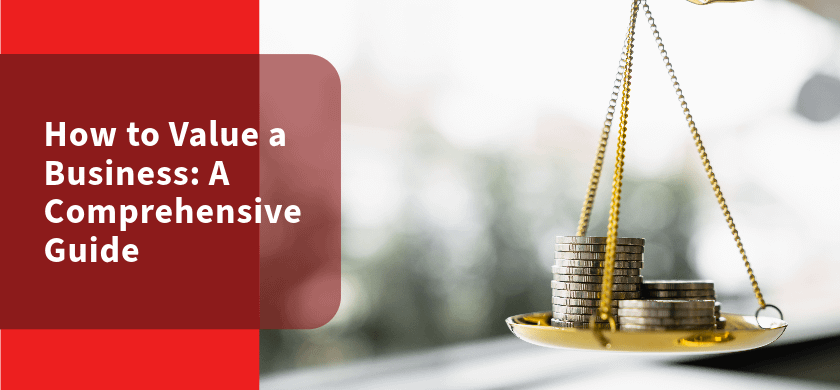Introduction
Valuing a business is a crucial skill for entrepreneurs, investors, and anyone involved in the business world. Whether you’re considering buying, selling, or simply want to assess the financial health of a company, understanding how to value a business is essential. In this comprehensive guide, we’ll explore the ins and outs of business valuation, providing you with valuable insights and actionable tips to become proficient in this critical aspect of business management.
1. What Is Business Valuation?
Business valuation is the process of determining the economic value of a company. It involves assessing various factors that contribute to a business’s worth, such as its assets, liabilities, cash flow, and market position. Valuation is essential for making informed financial decisions.
How to Value a Business
To value a business effectively, follow these steps:
- Gather Financial Statements: Begin by collecting the company’s financial statements, including balance sheets, income statements, and cash flow statements.
- Assess Market Conditions: Consider the current economic and industry-specific conditions, as they can significantly impact a business’s value.
- Choose the Valuation Method: Select an appropriate valuation method, such as the Market, Income, or Asset-based approach.
- Calculate Business Value: Apply the chosen method to calculate the business’s value accurately.
2. The Importance of Business Valuation
Understanding the importance of business valuation is crucial for making strategic decisions. Whether you’re a business owner or investor, here are some key reasons why valuation matters:
- Mergers and Acquisitions: Valuation helps in determining a fair price during mergers and acquisitions, ensuring both parties benefit.
- Selling a Business: If you plan to sell your business, knowing its value ensures you receive a fair market price.
- Investment Decisions: Investors use valuation to assess the potential return on investment and risk associated with a business.
3. Factors Affecting Business Value
Several factors can influence a business’s value. Here are some of the most significant ones:
- Revenue and Profits: A company’s financial performance is a primary driver of its value. Higher revenue and profits generally lead to a higher valuation.
- Market Competition: The level of competition in the industry can impact a business’s value. High competition may lower valuations.
- Industry Trends: Businesses in growing industries tend to have higher valuations than those in declining sectors.
4. How to Value a Business: FAQs
How do I determine the fair market value of a business?
To determine the fair market value, consider using a professional appraiser or employ one of the commonly accepted valuation methods.
Are there different methods to value a business?
Yes, there are three primary methods: the Market Approach, Income Approach, and Asset Approach. Each has its advantages and is suited to different situations.
What role does goodwill play in business valuation?
Goodwill represents the intangible value of a business, including its reputation and customer loyalty. It can significantly impact a business’s overall worth.
How can I increase the value of my business?
To increase your business’s value, focus on improving profitability, reducing risk, and fostering growth opportunities.
Can I value a startup in the same way as an established business?
Startups are often valued differently due to their limited financial history. Investors may focus more on the potential for future earnings.
How often should I update my business’s valuation?
It’s advisable to update your business’s valuation regularly, especially when significant changes occur, such as expansion or financial challenges.
Conclusion
Valuing a business is a skill that can have a profound impact on your financial decisions and success in the business world. By understanding the factors that affect business value and following proper valuation methods, you can make informed choices that benefit your business or investment portfolio. Remember that business valuation is both an art and a science, and seeking professional advice when necessary is a wise decision.

